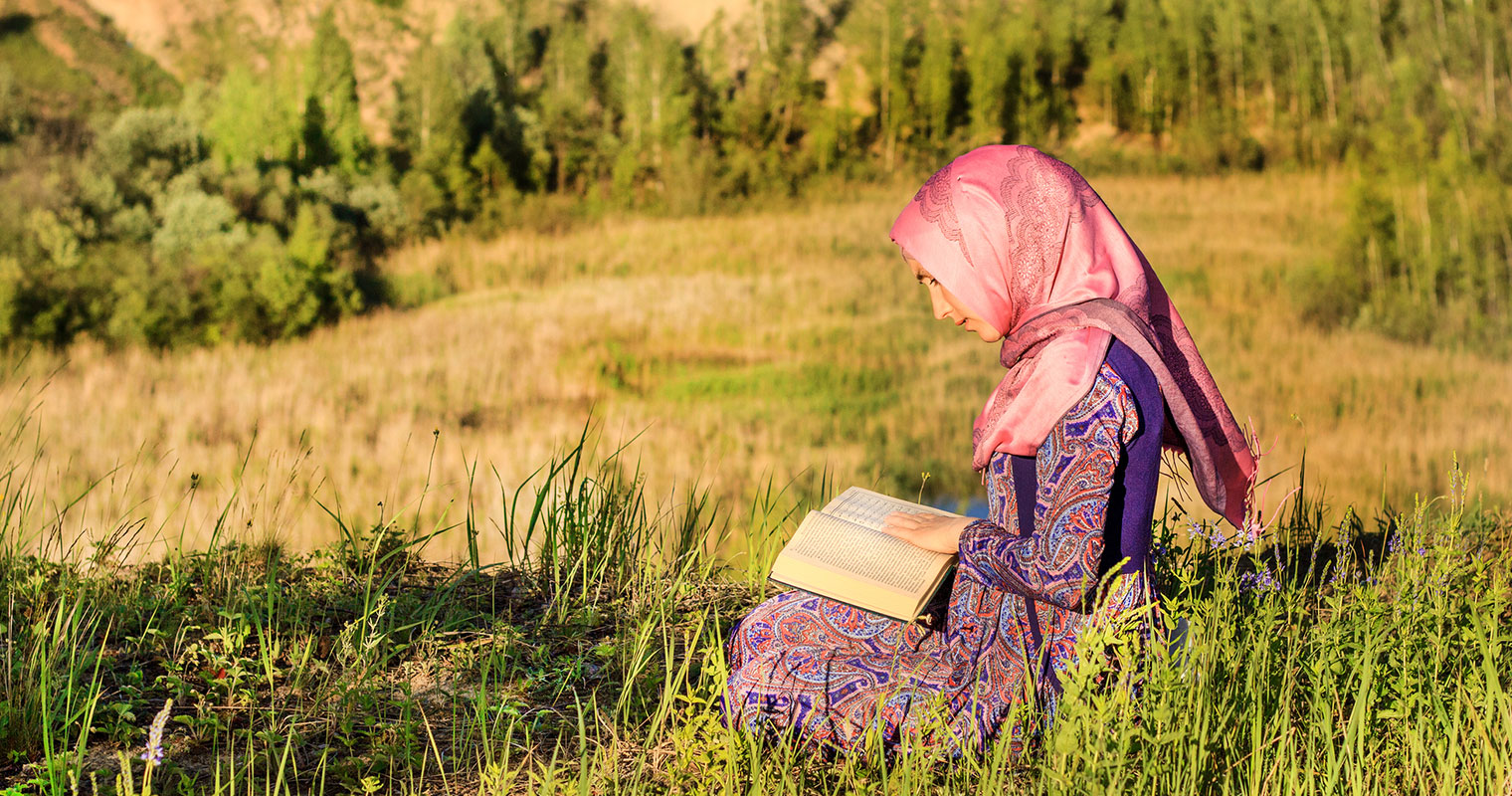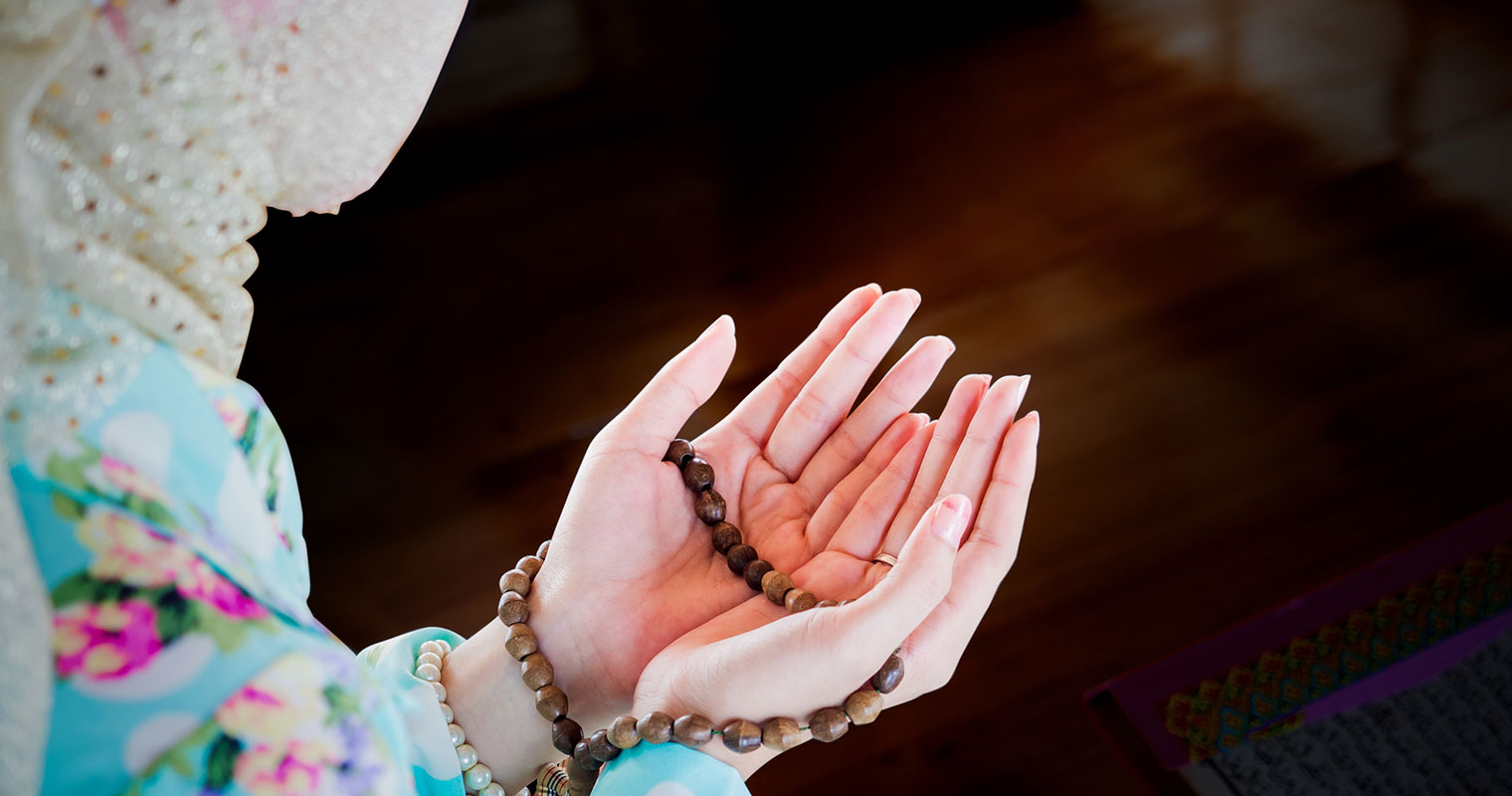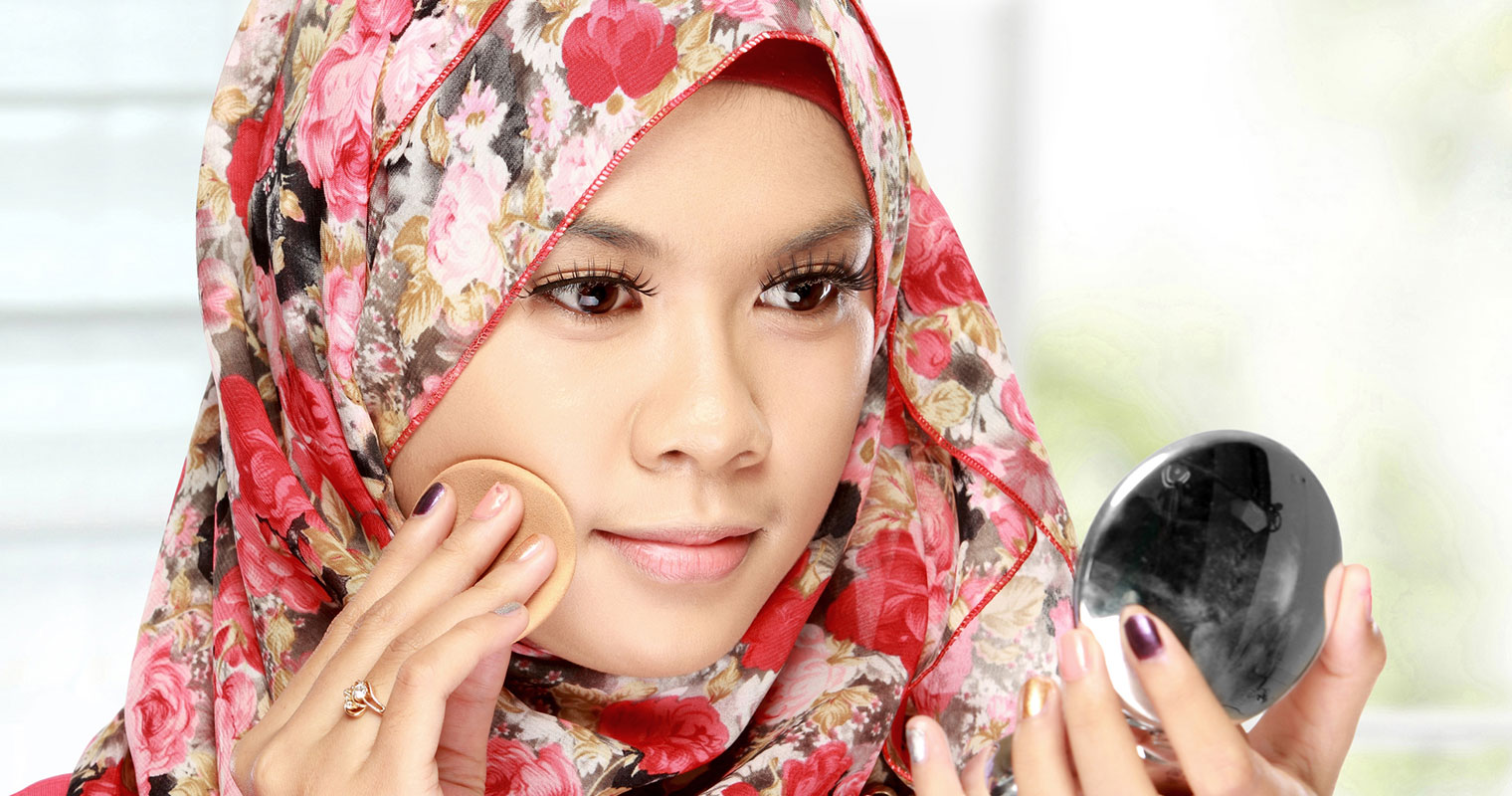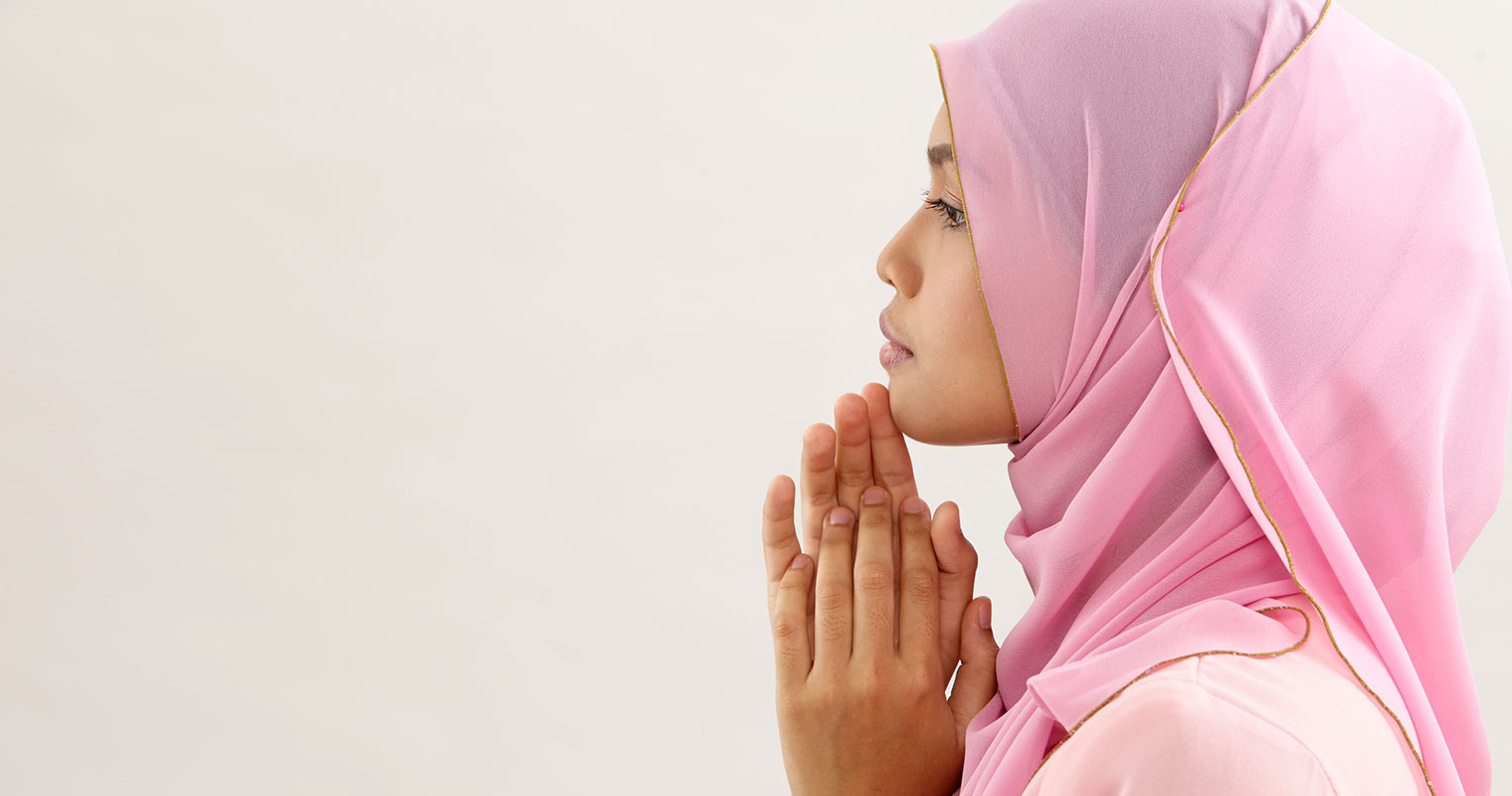A global boom in the halal skincare industry has raised many questions in the minds of Muslims and non-Muslims alike. Muslims with a religious upbringing are becoming more aware of impure ingredients used in the cosmetic industry.
This new information has led many to discover the truth behind halal and haram concerning skincare products. This article will focus on these terms, especially “halal”, mainly on the topic of skincare and food.
The word “halal” and “haram”
Halal and haram apply to all aspects of life, not just food products and cosmetics. Among its 114 chapters, the Quran (the Muslim scripture) declares certain acts and practices as halal or haram.
These Arabic words are two opposing terms:
- Halal: Lawful – Implying the permissibility of usage or engagement with an object or an act, as authorized by the Sharia (Islamic Law).
- Haram: Unlawful – Implying anything that is impermissible, unlawful, forbidden or prohibited.

Halal from the perspective of the Holy Quran
The Holy Quran gives a clear description of the subject of unlawful edibles.
Prohibited to you are dead animals, blood, the flesh of swine, and that which has been dedicated to other than Allah, and [those animals] killed by strangling or by a violent blow or by a head-long fall or by the goring of horns, and those from which a wild animal has eaten, except what you [are able to] slaughter [before its death], and those which are sacrificed on stone altars, and [prohibited is] that you seek decision through divining arrows… [5:3]
This verse, along with a few others, forms the doctrine of halal food. The concept of halal skin care products is derived from the same content. Things which are prohibited from consumption, such as swine and alcohol, are also considered as haram when used in cosmetics and toiletries.
What are halal skin care products?
Halal cosmetics use ingredients that are permissible in Islam.
Ingredients derived from pork, dead animals, blood, alcohol, animals that were not slaughtered as per Sharia Law create haram products. Halal products do not contain such ingredients.
Different countries have their own halal advisory groups that issue halal certificates. For example, Japan Halal Association (JHA), Halal Advisory Group in New York City, the Islamic Society of the Washington Area, and Halal Certification Europe.
Once the manufacturers have fulfilled the halal certification criteria, they can apply for a certificate. The usual process of obtaining halal certification from any agency is as follows:
- Submission of application for halal certification
- Provision of detailed documentation and information on the method of extraction and processing of ingredients
- An on-site audit by a particular halal certification agency
- Laboratory testing, if necessary
The decision committee shall issue a Halal Certificate should the documentation and on-site audit to ensure compliance with its criteria. After the initial certification period, they will conduct surveillance audits to ensure halal standards are maintained. For each halal skincare product, separate application and documentation are required.
Scholarly opinion on ingredients that render a cosmetic halal or haram
There are four schools of jurisprudence in Islam. Scholars from each school may have a slightly different opinion on a subject. Although jurists from all schools of thought use a high degree of reasoning to interpret the laws of Islam, some may hold a strict option, while others may provide leniency in the ruling based on the principles of Umoom-e-Balwa (public predicament). An important concept when it comes to haram ingredients in food and cosmetics is that of Istihalah.
The concept of Istihalah
What does it mean?
Istihalah is an Arabic word which literally means transform or change. Scholars use this term to refer to the transformation of haram or impure substance into a new form that is pure and halal.
It is a well-known concept that chemicals react with one another to form new products. This could either be due to another chemical in the chain of reaction or some other method used intentionally to change the chemical nature of a substance. Istihalah uses the same knowledge.
It integrates science with Islamic law to derive conclusions on the halal/haram nature of ingredients used in edibles and cosmetics.
Where does the idea come from?
Istihalah is not a self-derived concept. In fact, the notion derives from religious knowledge itself. In chapter 16, verse number 66 of the Holy Quran, Allah Almighty says,
And indeed, in the cattle, there is a lesson for you. We give you to drink of that which is in their bellies, from between excretions and blood, pure milk; palatable to the drinkers… [16:66]
This verse clearly describes how a food that the cattle ate converts into both halal and haram products. (Milk is halal, whereas blood and excrement of the animal is haram.) The verse illustrates the concept of change in the nature of a substance and how it can result in a halal or haram element.
Additionally, there are many sayings of Prophet Muhammad (peace be upon him) that point towards Istihalah. For example, liquor is haram, but the liquor turned into vinegar is halal. Similarly, musk derived from deer blood is halal, whereas blood itself is haram. The concept of Istihalah has a relevant and robust basis in Islam.

Does everyone agree?
Muslim jurists have two standpoints on Istihalah. Although jurists agree on the fact that Istihalah is a purification process of impure/haram substances, they differ on the aspect of whether Istihalah is applicable in a few cases or all cases.
First standpoint
A group of jurists from the Hanbali and Syafi`i schools of thought believe that the concept of Istihalah are only applicable when the change in the nature of a substance is confirmed from the Quran or the Sunnah. No Istihalah occurs in the event of lack of textual evidence. The scholar Abu Yusuf from the Hanafi school also perceives the same. Based on these beliefs, Istihalah can occur only in three cases:
- Liquor turned into vinegar
- Deer blood turned into musk
- Cleaned skin of an animal (except pig and dog)
This school of thought states that if the process is unnatural, a transformation of a substance is not considered under Istihalah. Hence, one is not allowed to use cosmetics that contain impure substances, such as pork-based gelatin, porcine, and glycerin, as per this standpoint of scholars.
Second standpoint
The other group of jurists, which consists of the Malikis, Hanafis, Zahiris, Zaydis, Ibn al-Qayyim, and Ibn Taymiyyah, believe that the transformation from an impure to a pure substance is known as Istihalah, irrespective of the nature of the process. Ibn Taymiyyah said,
irrespective of a natural or unnatural process.
If liquor – the mother of all impure substances – can transform into pure vinegar, we must agree that other impure substances can also transform into something pure.
According to this opinion, animal faeces – which are otherwise impure – become pure when burned into ashes.
A sharp contrast between the two opinions on Istihalah may seem confusing. However, the second standpoint is based on the principle of qiyas. (This is a process that uses the teachings of the Quran and hadith and applies known injunction in Islam to create new injunctions for a new circumstance.) Scholars from the second group classified substances as impure based on the nature of the impurity found in that substance. When the impurity is gone (due to transformation), the substance automatically becomes pure.
Rulings on halal skin care products
Ijtihad on the use of haram ingredients in cosmetics depends on the madhhab of jurists issuing the fatwa. The scholars of the Malaysian National Fatwa Council (MNFC) from the first standpoint group have issued a fatwa that states:
Use of all cosmetics and skincare products which contain ingredients from impure animals are haram for a Muslim.
From this fatwa, it is clear that jurists in Malaysia follow the first standpoint on Istihalah and are stricter in their rulings.

Contrary to the MNFC, the jurists of the Middle East have less stringent fatwas and they follow the second standpoint in the case of Istihalah. According to these jurists, if any impure ingredient converts into another substance, which is pure, then it is no longer haram. That’s why cosmetics and toiletries such as shampoos, lipsticks, soaps, moisturizers, and other products have gone through Istihalah are permissible.
Examples of haram ingredients used in skincare products
Lanolin
We get lanolin from sheep’s wool, and it is also known as wool grease or wool wax. It is a common animal ingredient in skincare products. A sheep slaughtered in the prescribed manner belongs to a list of halal animals, and it is, therefore, halal to use ingredients derived from such an animal and use it in cosmetics.
However, the matter requires further answers in the case of improper slaughter, or if the animal was alive during the wool-shedding. In Sahih al-Bukhari (a book of prophetic sayings), it is narrated:
When the Prophet – peace be upon him – saw a dead sheep on the side of the path) he asked, “Why do not you take its skin, clean it and then you can use it? The companions said, “Indeed it has become a carcass.” Then the Prophet said, “Surely it is only haram to eat it.” [Al-Bukhari, 1492]
A broad opinion on this subject is the same – the hair of halal animals is pure even if no proper slaughter took place. According to Shaykh al-Islam Ibn Taymiyyah (may Allah have mercy on him),
All hair, feathers, and wool are pure, whether they are from an animal that may be eaten or the skin of an animal that may not be eaten, and whether they were taken from an animal that was alive or dead. This is the most likely to be correct of the scholarly opinions.
Collagen
Collagen is a widely-used ingredient in skin care products, especially in anti-aging creams. It is usually an extraction of a marine or bovine source, but some manufacturers also use pig collagen. It is permissible to use collagen products as long as the source is a halal animal. Mufti Taqi Uthmani, a prominent scholar of the Muslim world, has issued a fatwa on the permissibility of cattle-derived collagen for external use:
The first issue is whether it can be held as pure (Tahir). After studying the processes, it is quite clear that the hides used for the production of these casings become pure after passing through the process which includes lime treatment for 4/5 days. The principle of Shariah is that the hide of an animal, even not slaughtered in the Islamic way, is purified by the process of dibagah (tanning)
Alcohol
Although there is a clear prohibition of alcohol consumption in Islam, the average Muslim may still doubt whether using it externally is allowed. The majority of scholars agree that alcohol is impure in both tangible and intangible cases. A basis of this concept the Quran is as follows:
O you who have believed, indeed, intoxicants, gambling, [sacrificing on] stone alters [to other than Allah], and divining arrows are but defilement from the work of Satan, so avoid it that you may be successful. [5:90]
The impurity of alcohol is one of the reasons that most halal skin care products contain the tag “alcohol-free” on the box. The impurities include ethyl alcohol (ethanol) and alcohol originating from dates or grapes. The use of ethanol containing deodorants and cosmetics will make the body as well as the clothing impure. However, it is permissible to use skin care products containing other forms of alcohol, such as benzyl alcohol.
Gelatin
Gelatin is a standard protein in cosmetics. It comes from boiling the skin, tendons, ligaments, and bones of cows or pigs. Similarly to alcohol, pig-derived ingredients are impure in both tangible and intangible ways. Mufti Taqi Uthmani has mentioned the issue of gelatin products in In’am al-Bari (lessons on Sahih al-Bukhari). He explains that the skin, which undergoes a purification process (usually tanning), and bones of halal animals are pure irrespective of their dhabihah status. Gelatin derived from cows is thus permissible for external use.
Lard
It is a common conditioning agent in skin care products and makeup and originates from hogs. The ruling is similar: use of such cosmetics is impermissible.
Common confusions regarding halal cosmetics
Is halal also vegan and cruelty-free?
Vegetarians only refrain from using the meat of slaughtered animals, whereas vegans also refrain from using animal by-products. These include eggs and dairy. Halal cosmetics, on the other hand, are not necessarily devoid of animal ingredients; they may still contain propolis, beeswax, honey, and ingredients obtained from halal animals.

Halal is not always vegan and cruelty-free. For example, vegans avoid the use of honey and other bee products. Islamic teachings, however, recommend the use of honey saying that honey is a cure for many ailments. The Quran says,
And your Lord inspired to the bee, “Take for yourself among the mountains, houses, and among the trees and [in] that which they construct. Then eat from all the fruits and follow the ways of your Lord laid down [for you].” There emerges from their bellies a drink, varying in colors, in which there is healing for people. Indeed in that is a sign for a people who give thought. [16:68-69]
According to a hadith in the books of Tirmidhi and Ibn Majah, Prophet Muhammad (peace be upon him) said:
Make use of the two remedies: honey and the Quran.
The details on honey and halal animals clear the confusion around vegan vs. halal.
Is vegan necessarily halal?
Islam allows the use of plants for internal and external use, except ones that are toxic. However, vegan products are not necessarily halal. A vegan product may not contain animal-derived ingredients, but it may still have alcohol in it. Based on the discussion above, it is clear that alcohol is impure and renders a product impermissible for use. However, alcohol-free vegan products are halal.
The skin has absorbing properties and hence anything which is impermissible to eat is also haram for external use
This is a common misconception based on the fact that substance can enter the body through the skin. Although skin has absorption abilities, the Islamic teachings on the rules of halal and haram show that impermissible edibles are not necessarily haram for external use.
Advantages of halal skin care products
The concept of halal is one of the most important aspects of Islam. Muslims prefer halal food and skincare products as part of their religious requirements. Allah rewards a Muslin every time he submits to His commands. The act of consciously choosing halal products is a virtue and a source of earning good deeds for Muslims. Even non-Muslims can benefit from halal products. These products adhere to the highest levels of cleanliness from the manufacturing stage until the packaging of the material.

How to choose halal skincare products
The list on the package does not mention all ingredients. Confirmation of the halal status of any product requires careful planning and an extensive audit of the manufacturing practices. Only a halal certification agency can do that. As a consumer, a halal certified label should help you identify the right product for your skincare. Black Paint took 3 years to go through the process of Halal Certification in Japan. It was tedious but the high standards to meet in Japan’s certification authority ensures that our Halal products exceeds the expectation of our Muslim users.
References
http://ukmsyariah.org/terbitan/wp-content/uploads/2015/10/20-Saadan-Man.pdf
https://www.jhalal.com/halal
https://en.wikipedia.org/wiki/Qiyas
https://en.wikipedia.org/wiki/Lanolin
http://albalagh.net/qa/0067.shtml
http://askimam.org/public/question_detail/36041
https://islamqa.info/en/257648
http://tanzil.net








